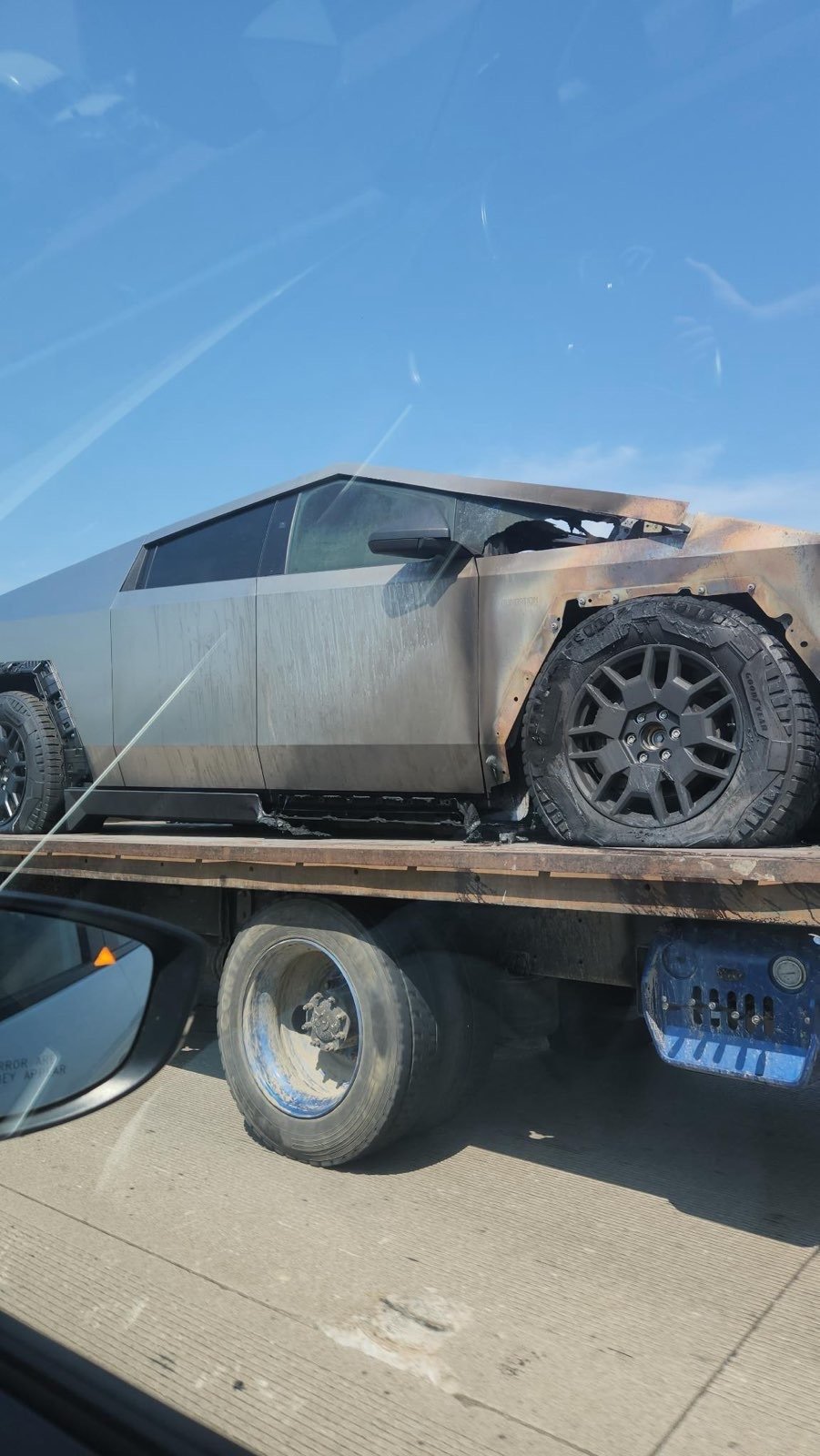this post was submitted on 26 Aug 2024
738 points (97.4% liked)
pics
19742 readers
1414 users here now
Rules:
1.. Please mark original photos with [OC] in the title if you're the photographer
2..Pictures containing a politician from any country or planet are prohibited, this is a community voted on rule.
3.. Image must be a photograph, no AI or digital art.
4.. No NSFW/Cosplay/Spam/Trolling images.
5.. Be civil. No racism or bigotry.
Photo of the Week Rule(s):
1.. On Fridays, the most upvoted original, marked [OC], photo posted between Friday and Thursday will be the next week's banner and featured photo.
2.. The weekly photos will be saved for an end of the year run off.
Instance-wide rules always apply. https://mastodon.world/about
founded 2 years ago
MODERATORS
you are viewing a single comment's thread
view the rest of the comments
view the rest of the comments


the battery can provide the energy to start a fire somewhere else in the vehicle via short circuit connection
Tesla's have a pyrofuse that blows on impact detection which disconnects the battery:
It works so well https://youtu.be/Dfx4JZiSeHI?si=AEEnZZWMChtV6vWo
Not sure what you're expecting that fuse to do when the battery is on fire from crash damage?
The High Voltage battery has a pyrofuse that blows to isolate the battery in case of a crash.
Theoretically I guess the 12V system could short circuit, just like any other vehicle. Except there can't be any gasoline spilled for a short to ignite.
And modern Tesla vehicles, like the Cybertruck don't use a standard car lead acid car battery (which would have 48Ah or so). Instead they use a 16v small lithium battery (which has only 6.9Ah). Further, this battery system has short protection built into it with an auto resetting breaker.
So this battery, with its significantly less energy stored, has less chance of fire from a short than a standard car battery.
Reaching a bit there, what's located at the right/passenger side that would burn?
A Samsung tablet